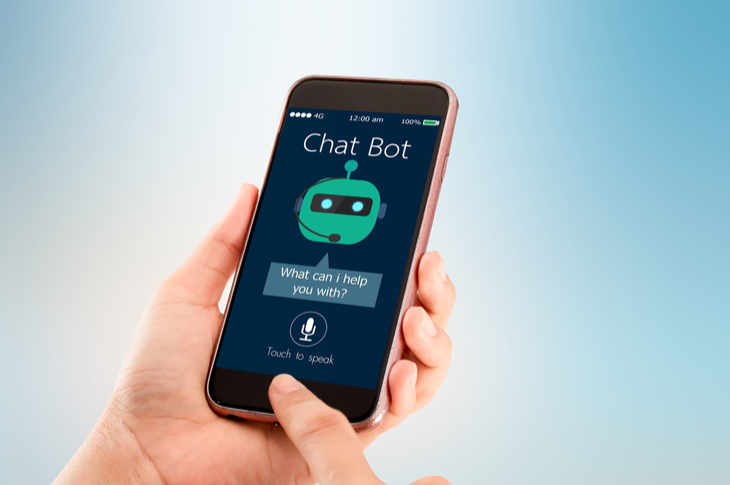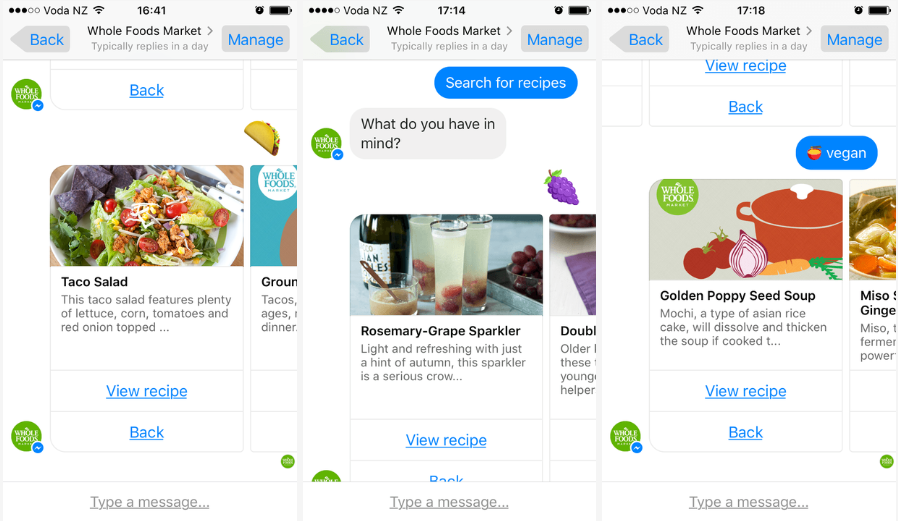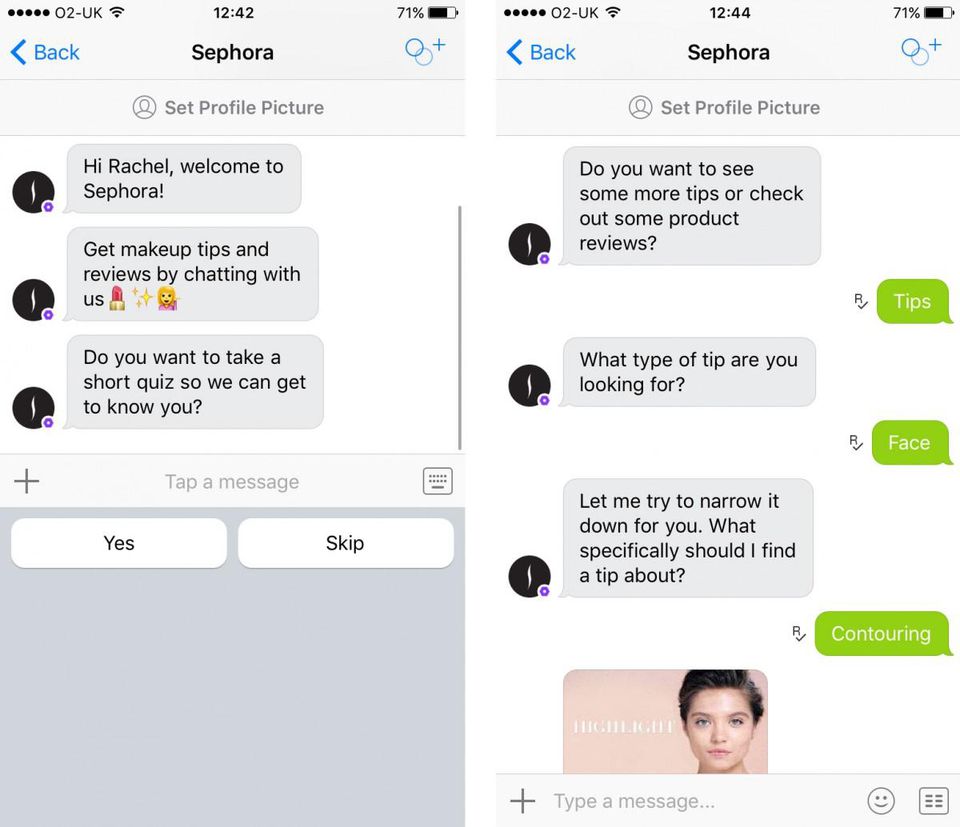5 Brands that have creatively used chatbots for content marketing

The future of digital communication, chatbot is revolutionising the way brands interact with consumers. From Rosie in The Jetsons to Samantha in Her, bots have been visualised to not simply answer commands but also to converse seamlessly.
Beyond the realm of personal assistants like Siri and Alexa, chatbots – AI-driven programs – have been taught to communicate effectively with customers without any human intervention.
However, this futuristic technology had plenty of myths surrounding it before brands realised its true potential.
One of the biggest misconceptions looming was machines > humans. Brands worried that deep learning-driven programs would become a threat to jobs across industries. But this myth has been disproved by numerous studies; a study by Gartner predicted that by 2020, AI will pave the way for 2.3 million new job opportunities.
Another prevalent myth was that these bots are limited to text-based functioning. However, this belief was put to rest with the entry of voice-enabled chatbots that have helped brands break barriers.
With the rapid advancement in technology, Amazon opened a self-checkout store, limiting human effort to the bare minimum. These chatbots have helped save time and money, improved user experience, and engaged with consumers in a novel way.
But Amazon’s example is only one out of a sea of AI-driven branded communication, and perhaps a conventional one at that. How about those that have managed to stand out with their creative commercial employment of AI?
We’ve picked some examples of chatbot-based marketing that made us exclaim: “Now that’s what innovation is all about!” Have a look:
1. Uber chatbot
In partnership with Facebook, Uber now allows riders to book a cab directly via Facebook Messenger. Powered by the brand’s API, customers can use it to view the booking status, updates on rides, and also access receipts.

(Source)
This partnership has worked out to be a win-win situation; Facebook has gained another transaction-based service while Uber has been able to gain access to 700 million Facebook Messenger users.
2. Emirates
Emirates Airlines’ tour operations division, Emirates Vacations, integrated AI-driven chatbots in its online advertisements. Any customer query about trips or generic travel-related concerns were addressed directly through the ad itself.
The chatbot utilised Emirates Vacations’ inventory as well as consumer queries from other sites to suggest holiday destinations and vacation packages to consumers.

(Source)
Their ads, titled ‘Explore the world without leaving the page’, did a 30-day test run and noted an 87% increase in customer engagement.
3. Whole Foods
Whole Food’s chatbot on Facebook Messenger is the modern-day digital Nigella Lawson! It connects with users by providing recipes, cooking inspirations, and product recommendations. The AI program also has a shortcut emoji feature that replicates a human-to-human conversation.

(Source)
Whole Food chatbots drive traffic to its platform through Facebook; a social sphere where 60 million emojis are used daily and the average user spends 50 minutes a day. For instance, users can send a pizza emoji and get a pizza recipe that directs traffic to the company website.
4. Nordstrom
E-commerce is a competitive space and Nordstrom, an industry leader in customer services, has integrated chatbots to stay ahead in the game. They host chatbots not just on Facebook Messenger but also on Kik.
Being useful is a priority for brands today, and Nordstrom bots nail the brief. They help customers find the perfect gift by asking them multiple questions about the recipient.

(Source)
Launched during the holiday season, these shopping assistants boost revenue for the brand and help increase the number of shoppers. They’re clearly on the right path, since 37% of customers said they would make a purchase via a chatbot for a unique experience.
But since it’s Nordstrom, it goes a step further by sending the number of the customer to a store sales representative, who offers curated suggestions.
5. Sephora
A millennial favourite, cosmetic retailer Sephora was one of the early adopters of bots.
On Kik, Sephora offers consumers makeup tutorials, skincare tips, product reviews, and much more. For instance, Sephora Colour Match on Facebook Messenger enables chatbots to find specific beauty products based on the colour preference of the customer.
It has also launched a Reservation Assistant that helps customers locate and book appointments at Sephora stores nearby.

(Source)
Thanks to these chatbots, Sephora saw an 11% rise in bookings via the Reservation Assistant and an average $50 spend among those who used the bot’s services.
Parting words
Another report by Gartner predicts that by 2020, 85% of all customer service interactions will be powered by chatbots. Perhaps that’s the way it should be; after a long run of spam email and endless cold calls.
With over 300,000 bots already active on Facebook Messenger, bot-powered commerce will surely but gradually play an increasingly relevant role for informed decision-making.
References:
